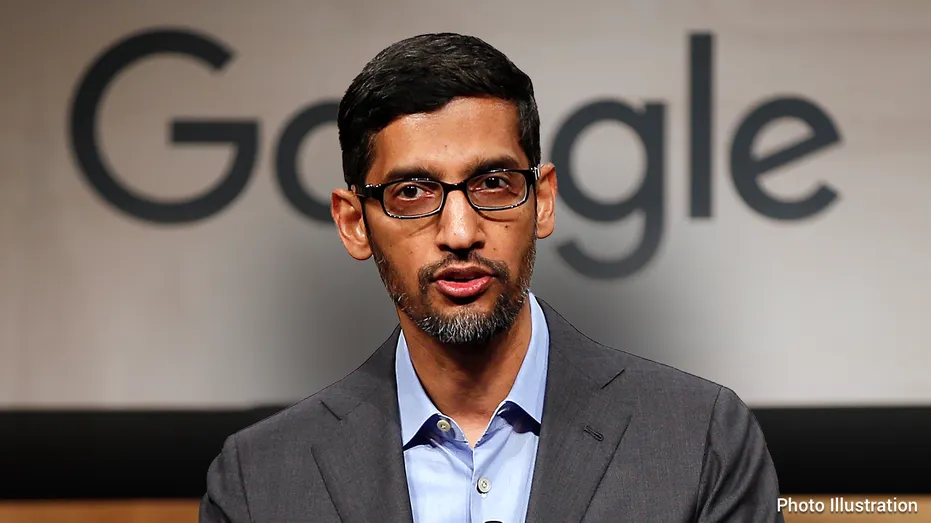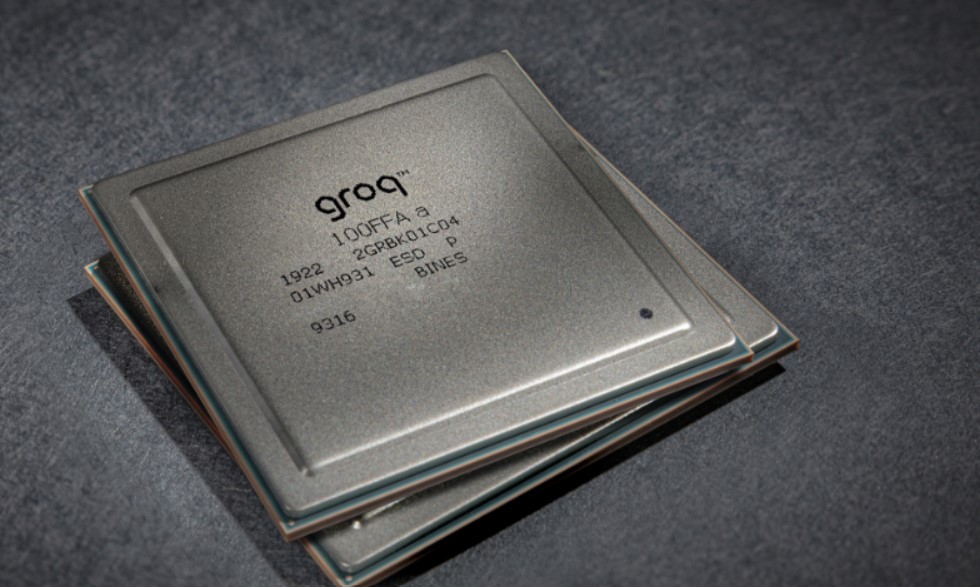In a recent memo to employees, Google CEO Sundar Pichai addressed concerns about the company's AI image generator, Gemini (formerly Bard). The tool, launched earlier this month, allowed users to create images based on text prompts, but it faced criticism for generating inaccurate and biased outputs.
Taking Responsibility and Addressing Issues:
Pichai acknowledged the problems, stating, "I know that some of its responses have offended our users and shown bias – to be clear, that's completely unacceptable and we got it wrong." He emphasized Google's commitment to providing "helpful, accurate, and unbiased information" and acknowledged that they "fell short" in this instance.
Working Towards Better Solutions:
The memo highlights the company's ongoing efforts to address the issues. Pichai assures employees that teams are "working around the clock" to improve the technology and have already observed "a substantial improvement on a wide range of prompts."
He emphasizes Google's commitment to reaching a high standard and outlines a plan for improvement, including:
- Structural changes
- Updated product guidelines
- Improved launch processes
- "Robust evals and red-teaming" (thorough evaluations and simulations of potential issues)
- Technical recommendations
Looking Forward:
While acknowledging the setbacks, Pichai remains optimistic about the future of AI at Google. He emphasizes the company's strong foundation in research and infrastructure and their commitment to building "helpful products that are deserving of our users' trust."
Overall, the memo conveys Google's leadership taking responsibility for the shortcomings of their AI technology and outlining a clear path for improvement, aiming to regain user trust and ensure the responsible development of AI products moving forward.





